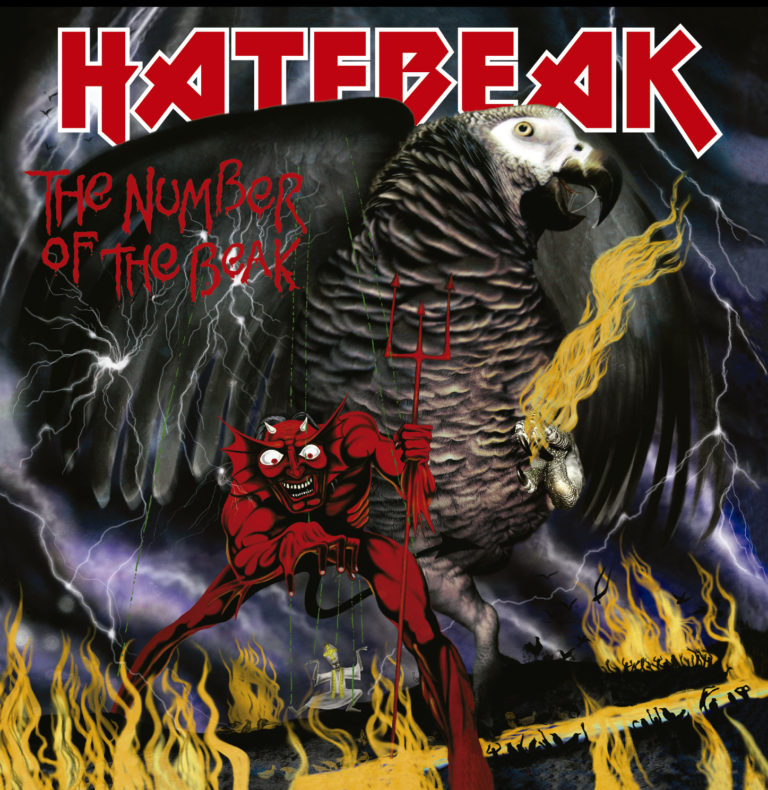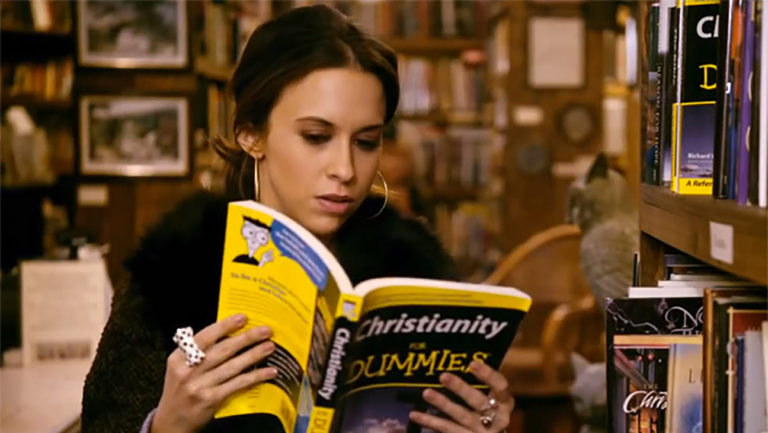I was listening to a podcast the other day and someone mentioned off-hand that there was a...
Month: June 2018
Recently my girlfriend was looking for a movie that we could watch on Netflix and, surprisingly, asked...

